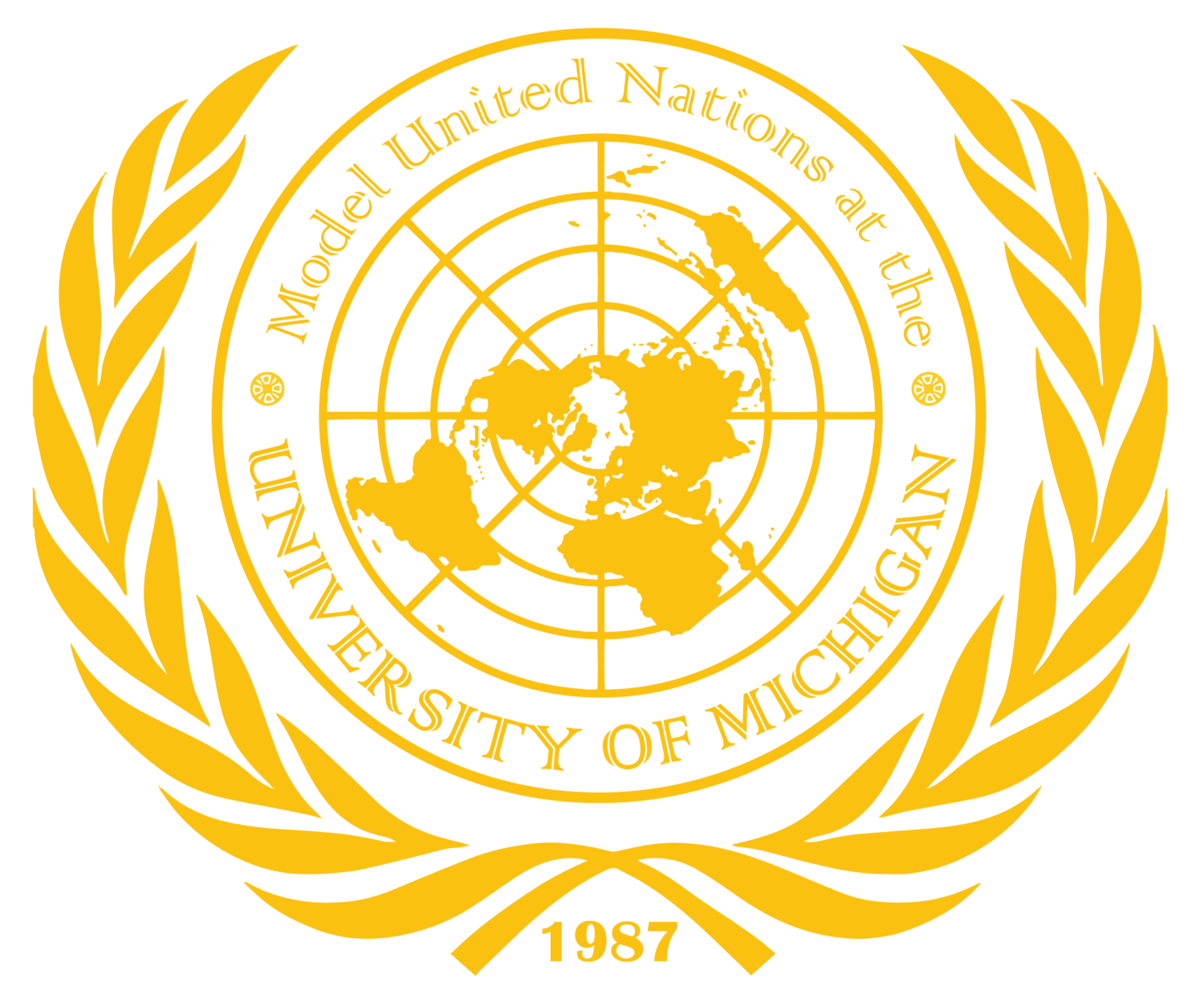By: Ash K. Srivastava [xe/xyr]
Pandemonium erupted today in the Committee to Protect the Panthers when two influential members, Emory Douglas and Ossie Davis, were imprisoned by Oakland Police for sedition. The two blocs quickly split off to approach the situation in radically different ways. The bloc that Douglas and Davis were part of quickly worked to free them and were successful. The other bloc decided they weren’t going to attempt to free them, with one highly influential member saying, “they can kinda just stay in there.” Another member said that they did not intend to vote for a measure to help release the imprisoned delegates. Meanwhile, the imprisoned delegates were left mostly in the dark, wondering if the other delegates would fight for their release.
The main session, which debated the best method to ensure the release of the imprisoned delegates, however Richard Aoki did not attend. Aoki, who has been placed under investigation by many delegates, had no comment as to why he was absent. One delegate said that they “wanted to say that they were surprised, but [they weren’t] really.” Another said that their best guess is that “he doesn’t really have his heart in the campaign.”
However through obtaining legal access to confidential crisis notes, the Working Paper found that Richard Aoki was personally contacted by J. Edgar Hoover, the director of the FBI. However, he declined the offer, so Hoover reached out to another member, who agreed and has been in close contact with Hoover. The other member is a part of the larger bloc that fought for the freeing of the imprisoned delegates and is a trusted member who has been involved with directives. This breaking news will likely upend the committee’s deliberations and cause a renewed witch hunt for the informant. We will keep you updated.
